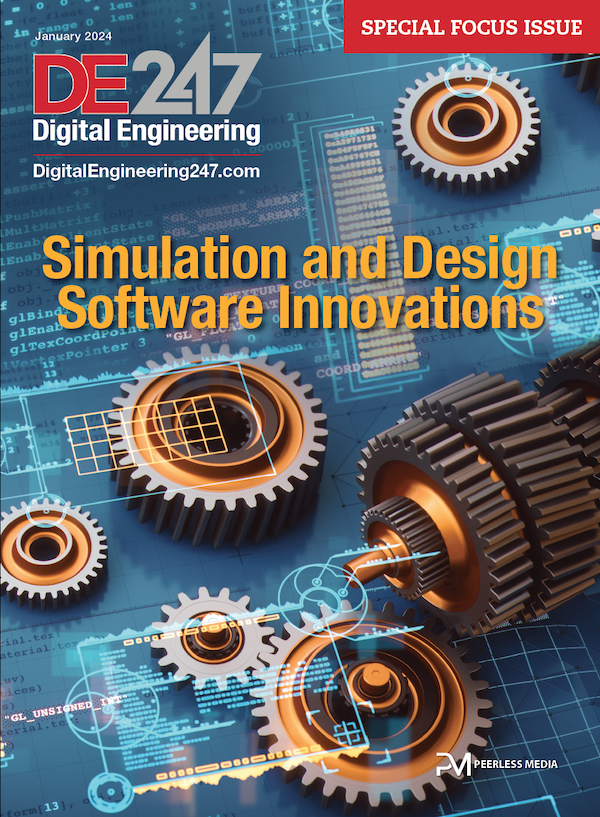Maxwell Technologies and ANSYS Release Ultracapacitor Components Library for Simplorer
Model library for next-generation energy storage systems for automotive, industrial, and aerospace applications.
Latest News
August 5, 2009
By DE Editors
ANSYS, Inc. has announced that an ultracapacitor components library from Maxwell Technologies, Inc., an ANSYS customer, has been made available for use in Simplorer technology. As a result, automotive, aerospace, and industrial power engineers developing hybrid vehicles and other electric-powered products and systems now can use the energy-storage device models in their simulations.
Dr. John M. Miller, Maxwell Technologies vice president, Systems, Applications and Integration, said that his company selected Simplorer software based on the strength of its simulation capabilities, the IEEE standard modeling language for analog-mixed signal systems, and the focus at ANSYS on providing high-performance, multi-domain system simulation solutions.
“The ultracapacitor component library includes the latest innovations for high-performance Maxwell BOOSTCAP ultracapacitor cells and multi-cell modules,” Miller said. “This will help ensure that our current and future customers have the necessary elements to develop the next generation of energy storage systems for low-emission, fuel-efficient, hybrid powertrains, advanced electrical drive systems, and other transportation and industrial applications. We chose the Simplorer platform because it provides robust modeling capability, is widely used in our target markets and adheres to VHDL-AMS modeling standard.”
Ultracapacitors are energy-storage devices that efficiently deliver bursts of high power and recharge rapidly from any energy source over hundreds of thousands to millions of cycles. Maxwell’s BOOSTCAP ultracapacitor products currently are being used for backup power in wind turbines and other industrial applications and for braking energy recuperation and torque assist in low-emission, fuel-efficient hybrid-electric/internal-combustion transit buses and electric rail vehicles. They also have been designed into hybrid trucks and automobiles that will move into production over the next few years. Compared to batteries, BOOSTCAP cells deliver up to 100 times the power, last more than 100 times as long, operate more reliably in high- and low-temperature conditions, require little or no maintenance, and reduce environmental issues associated with battery disposal, according to the company.
The ultracapacitor model library is already being used within Simplorer software at Argonne National Laboratory, which supports the U.S. Department of Energy’s mission of providing the nation with a safe, reliable and environmentally friendly energy supply.
“We use this model to develop experiments that allow our control software to actively couple ultracapacitors with lithium ion batteries. It helps us to predict the behavior of Maxwell ultracapacitors in the simulation phase before running hardware-based experiments,” said Ted Bohn, principle investigator on plug-in hybrid electric vehicle (PHEV) prototype vehicle development in the Vehicle Systems Group at Argonne National Laboratory. “Making this model available via download will now allow others working with these advanced technology components to explore the possibilities of reducing the cost of energy storage system components and increasing performance for future plug-in vehicles.”
The ultracapacitor components library is available for download here.
For more information, visit Maxwell Technologies, Inc. and ANSYS.
Sources: Press materials received from the company and additional information gleaned from the company’s website.
Subscribe to our FREE magazine, FREE email newsletters or both!
Latest News
About the Author
DE’s editors contribute news and new product announcements to Digital Engineering.
Press releases may be sent to them via [email protected].






